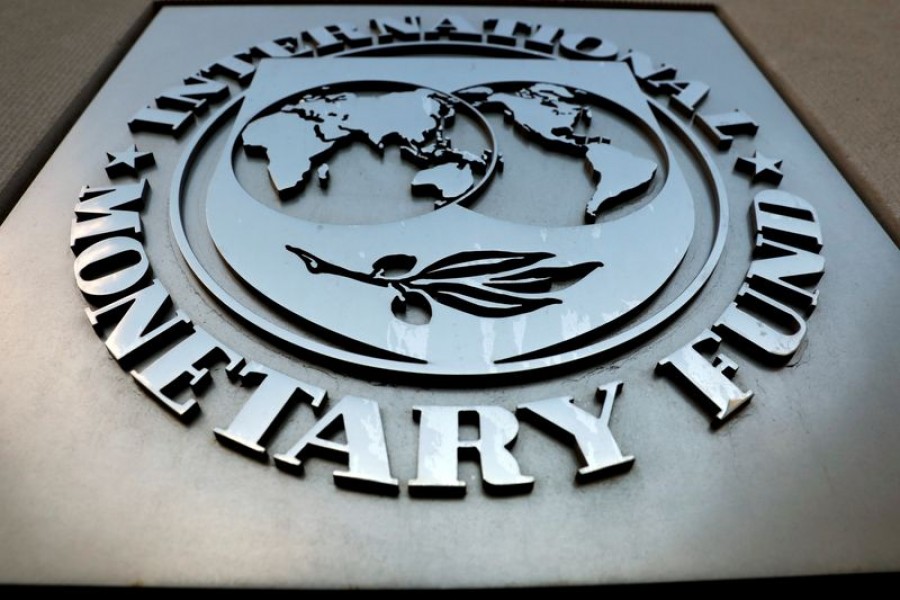Massive government spending to battle the coronavirus pandemic will push public debt to a record of nearly 100 per cent of global economic output this year, but the run-up may be a one-off event if growth rebounds next year, the International Monetary Fund said on Wednesday, reports Reuters.
The Fund said in its latest Fiscal Monitor that it expects government budget deficits to swell to 12.7 per cent of GDP from 3.9 per cent in 2020, a nearly near percentage point difference.
“What we see is a one off, jump up of debt in 2020, then stabilization after 2021, and even a slight downward trend in 2025,” IMF Fiscal Affairs Director Vitor Gaspar told Reuters in an interview.
While public debt will stay elevated at about 100 per cent of GDP, resumption of economic growth and extremely low interest rates will help ease primary budget deficits, Gaspar said.
“The difference between interest rates and growth is not only negative, but more negative - in our projections - than it was before COVID-19. So low interest rates play an important role in debt dynamics.”
In another Fiscal Monitor chapter released last week, the IMF urged governments to take advantage of low rates to invest in infrastructure. It said an increase in public infrastructure investment of 1 per cent of GDP could boost output by 2.7 per cent, creating 20 million to 33 million jobs.
But the IMF said there was wide divergence among the fiscal outlooks for member countries, with advanced economies taking on the biggest increase in debt burdens, while poorer developing countries faced a tougher task of recovering from economic damage as more people fall into poverty.
Advanced countries will see budget deficits growing by 11 per cent of GDP, with the United States jumping 11 percentage points to 18.7 per cent of GDP and Canada’s rising to 20 per cent, the IMF said.
Emerging markets, which have fewer resources, will see their deficits double as a share of GDP to about 11 per cent.
The IMF said its estimates were subject to “sizable fiscal risks” from a longer pandemic and recession that deteriorates balance sheets, increases bankruptcies and prompts abrupt commodity price movements and tighter financial conditions.


